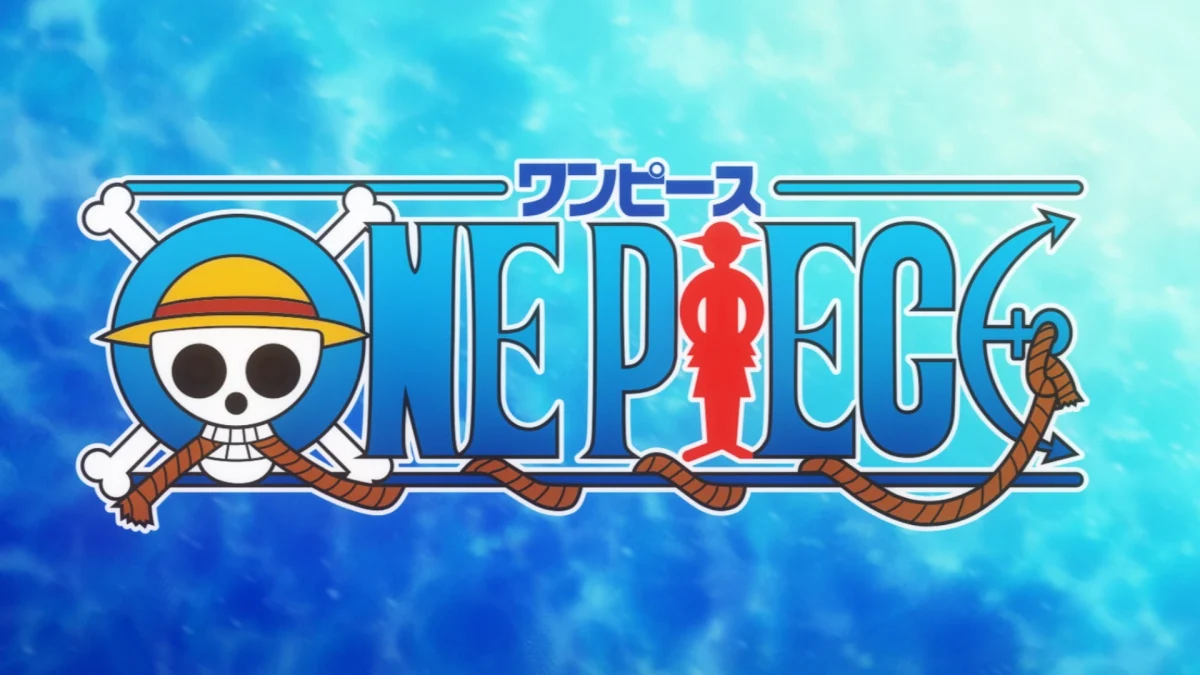First of all, I do not read contemporary/realistic fiction. At all. Abbie Emmons’ 100 Days of Sunlight screams contemporary realistic fiction just by looking at the cover. The fact that I was able to get through the entirety of this embarrassingly yellow book proved it was fairly good.
I was introduced to Abbie Emmons through her writing advice on her blog and YouTube channel. It took me a while to realize she had even published a book, since she rarely mentions it on her channel and she has not really posted anything unique to her blog (as in not just posting one of her videos on her blog) in over three years. Note to all aspiring writers: any post you make on any social media platform should reference your work.
100 Days of Sunlight is a story about a girl named Tessa, who loses her eyesight for one hundred days, and an amputee, Weston, who teaches Tessa that she can choose happiness no matter the circumstances of her life.
Because of the amazing writing advice on Abbie’s YouTube channel, I had high expectations for this book. While the book did not live up to all of my expectations, I found it a nice, light read.
I typically do not read realistic fiction because they tend to be slower paced (I prefer the books that start with a line like “I had arrived early for my own assassination”), but even though it was a realistic fiction, I found 100 Days of Sunlight easy to read.
Reading this book was my reward for finishing writing my 4000 word paper for the IB programme. I had no problem finishing 100 Days of Sunlight in about two hours (it is 326 pages long), even though I was exhausted and had almost no ability to concentrate after trying to salvage the train wreck that was my Extended Essay. There were no sword fights or explosions (I love fantasy), but I was still not bored reading it.
After reading 100 Days of Sunlight, I felt noticeably happier. Abbie mentions several times on her blog and YouTube channel that the purpose of her writing is to make people happier, and this book definitely did that for me. After finishing the book, I did not get irritated with my sisters or the prospect of washing dishes that day.
I appreciated the simplicity of 100 Days of Sunlight. In most of my favorite books there is a large cast of important characters, but there are only twelve characters that have any sort of impact on the story, and some of those only appear in one chapter. Although it is easier to ensure the reader finds one character relatable with a large cast of characters, having a smaller cast keeps the story more focused on the meaning of the story and makes it easier to keep the characters straight.
I feel that 100 Days of Sunlight could have been better. When I write themes into my stories, I try to approach it from all angles, introduce and contradict a counter-argument to my theme. I do not feel like the theme in 100 Days of Sunlight was adequately explored. If given the choice between losing my eyesight or a loved one, I would choose my eyesight everytime. If given the choice between losing my legs or a loved one, I would still choose to save the loved one. I feel like Abbie should have included other types of loss besides physical loss to show that you can choose happiness in all circumstances in your life, not just after you lose use of a body part.
Another issue I had with the theme was that it seemed to be shoved down the reader’s throat too forcefully. At one point, Weston basically says that nobody ever has the right to be miserable. While I agree that it is important to look for the light in every situation, I also know that when I am upset, the last thing I need to hear is that I am wrong for feeling upset, or miserable, or depressed, or however you want to put it. If Weston had not said that one line, the theme would have still been present, and the reader might be more willing to accept the “truth” Abbie wanted to “scream from the rooftops.”
Overall, I really enjoyed 100 Days of Sunlight, even though it has its flaws. I would gladly recommend it to any teenager who needs a bit more sunlight in their life.










